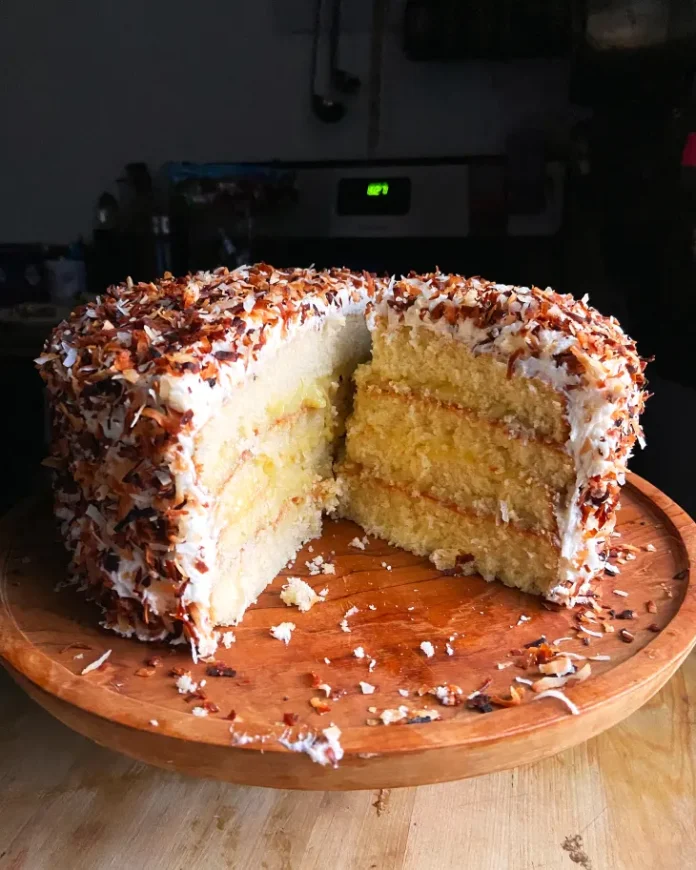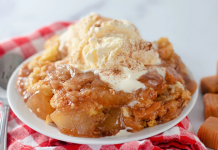In the summer of 2020, amidst a backdrop of social unrest and a deeply troubling societal response, Toni Tipton-Martin’s Coconut-Lemon Layer Cake became a poignant symbol of resilience and connection. As the nation grappled with the aftermath of George Floyd, Breonna Taylor, and Ahmaud Arbery’s murders, the author found solace and meaning in reevaluating American traditions, prompting a profound exploration of the roots of our food and its connection to the nation’s complex history.
Unveiling Culinary Origins: Traditionally, holidays like Thanksgiving have long involved moments of acknowledging the often overlooked narratives surrounding Native Americans and the first Thanksgiving. However, Tipton-Martin’s cookbook, “Jubilee,” delves even deeper, revealing that the history of food in the United States is inseparable from the history of Black food. From macaroni and cheese to cornbread, she skillfully traces the origins of beloved dishes back to the hands of enslaved people, urging readers to reflect on the complex narratives woven into their favorite meals.
Culinary Traditions Co-opted: The exploration extends to the co-opting of traditions, exemplified by the seemingly innocuous cakewalk. Originating as a parody during the pre-Civil War South, this dance was an exaggerated mockery of white slave owners’ opulent ballroom parties. Tipton-Martin highlights how, over time, the cakewalk evolved into a centerpiece of African American special occasions, reclaiming its significance. Understanding the historical context behind seemingly ordinary activities challenges us to rethink our engagement with cultural practices.
The Power of Connection Through Cake: The author’s personal experience with creating the Coconut-Lemon Layer Cake takes center stage as a metaphorical light in dark times. By delving into the preparation of this cherished dessert, she finds a way to celebrate the nation, acknowledging the hands that have shaped its culinary landscape. Through this act of remembrance and appreciation, the cake becomes a bridge between the past and the present, offering a tangible connection to the diverse communities that have contributed to the nation’s rich tapestry.
Celebrating a Diverse Culinary Heritage: As the author reflects on the cake’s significance, she emphasizes the importance of not only recognizing the foods descended from enslaved people but also celebrating the diverse culinary contributions of indigenous communities and immigrants. This, she contends, is a small yet meaningful way to pay homage to the real and inclusive history of the nation.
Conclusion: In times of uncertainty, the act of preparing and savoring a culturally rich dish becomes a form of celebration and acknowledgment. Tipton-Martin’s culinary exploration serves as an invitation for all to engage in a deeper understanding of the roots of American traditions and to appreciate the diverse hands that have shaped the nation’s culinary heritage. Through the lens of food, we can find connection, celebrate history, and pave the way for a more inclusive future.
image source : the kitchn










